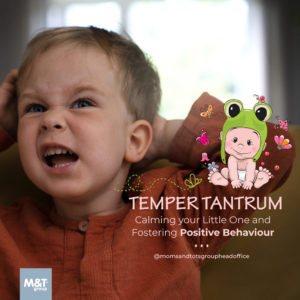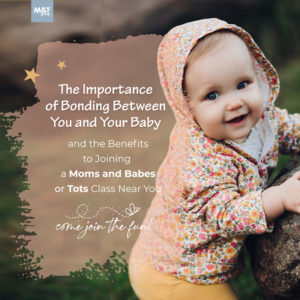Guiding children to follow rules requires awareness, understanding, patience and, let’s be honest, a little creativity. You work so hard to create a set of rules that work for your child and your family—and then another adult (a grandparent, aunt or a friend) breaks those rules.
The behaviors of others can cause frustration and even generate anger. We then react on the emotion toward the behavior instead of responding to the intention and the person.
So what does it take to lead adults to respect the rules you hold for your children?
- See
The first step to tenderly receive the actions of others is to see from a place of love. Believe that the intention is good. The people that truly care about your child plan to provide pleasure and not pain. The intention of their action is rooted in joy.
As grandpa passes the largest piece of chocolate cake to your child, he is motivated by your child’s smile, not the stomach ache that follows.
Seeing others in this light can soften your reactions to their actions. It doesn’t mean that you allow everything, just that perhaps you adopt the belief of disliking the message not the messenger.
- Sift
Another practice includes sifting through what is most important. What rules fit in your gray area?
My husband and I strongly encourage creative play for our children and choose to limit television time. Yet, when my children go to grandma’s house there is an expectation that they will watch a show, or two, or three. I choose to put this in the gray area recognizing that it is a special moment for all of them. When I think of the effects, it really isn’t all that bad, compared to, let’s say, disrespect.
There is space for mistakes, messages for wrongdoings, forgiveness for apologies, but kindness is expected in my home, at grandmas, everywhere.
Think about what rules to fight for and what rules to flow through. And remember that parenting is unique, do what offers you and your children the most peace.
Baby Einstein Let’s Discover
- Speak
When I see unkind acts from my children or towards my children, I speak up. This is so important, yet for some of us, so hard. I personally find confrontation difficult and avoid the prospect of hurting feelings. Yet, I know that it is my job to protect my children.
This is my intent when I remove my child from a situation I perceive to be physically and emotionally unsafe or when I kindly ask someone to not do something for my child.
The bank teller asks to give my child a lollipop—I thank them and ask if they have stickers instead. Surprisingly, those that offer lollipops also have a stash of stickers. I guess there are other moms that prefer to not have sticky fingers in the car.
So what if the teller hands the lollipop without asking first? I see that they just want to bring joy, so I thank them, and gently tell my child to hold it until after lunch. (For the record, the first drive home holding the lollipop required a lot of patience; “after lunch, after lunch, after lunch.” But now there is an expectation and perhaps a little lesson in waiting.)
This can be challenging when it feels like you are the one going against the beliefs of others, but the source of your strength comes from knowing your child better than anyone.
- Show
Last but certainly not least is the knowledge that we are being watched. Our words and actions are observed, stored, and repeated. This doesn’t mean that we have to be perfect—in fact owning mistakes and learning from them is part of our journey and the lessons we can offer our children.
How we treat our children is how they will treat themselves. How they see us treat other people is how they will treat others.
This Christmas my son received a gift he didn’t like—it was a figurine that scared him a little. He looked at me and I whispered, “Just say thank you.” When we had time alone that evening I shared with him that he doesn’t have to pretend to like something, but he can still show kindness.
I can also choose to approach the giver with gratitude and simply share that we appreciate the thoughtful gift and that he is really interested in construction trucks right now.
What is most impactful is not what we say, but how we say it. We can be kind in our approach, yet true to what we believe.
I have consciously chosen to notice what “broken rules” most upset me and be with them long enough to consider the trigger. What I have discovered is that much of my frustration with how other people treat my children stems from a fear of losing control.
When someone makes a decision for my child it means that I didn’t. When someone sweeps in and gives them candy, shows a video game, teaches a disapproving phrase, or shares a scary story, I feel like I didn’t give them the best of what I believe they need.
Yet, when I dig below the reactive-frustration-fueled-by-lack- of-control, I find that giving them space to experience is just another trail on their path.
I can protect them with a dam big enough to prevent a damaging flood, but then a sparkling stream can’t get through either.
Being a parent isn’t about controlling children but guiding them to discover their best selves. And on that journey they need space to explore, to be influenced, to become equipped to handle what can’t be controlled.
I can balance providing protection and allowing experiences. Maybe it doesn’t have to be me versus them, mom versus everyone else. Perhaps there is power in a collective quest to uncover a child’s best self. Imaginably it does take a tribe to raise a child, and it’s okay to choose the tribe wisely, and also okay to give those in the tribe a little space to guide too.
by Jen Musser





